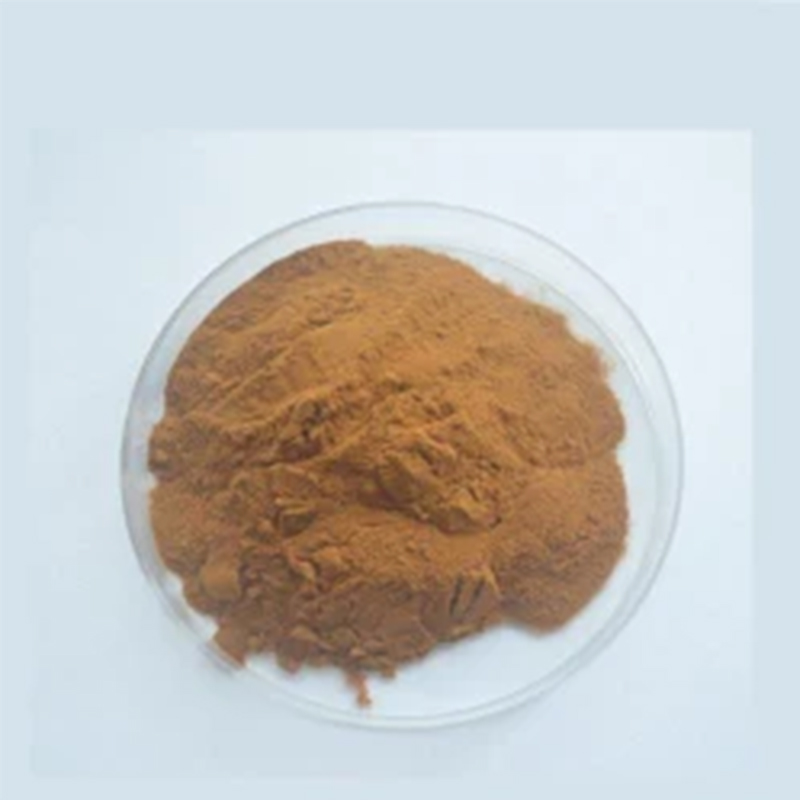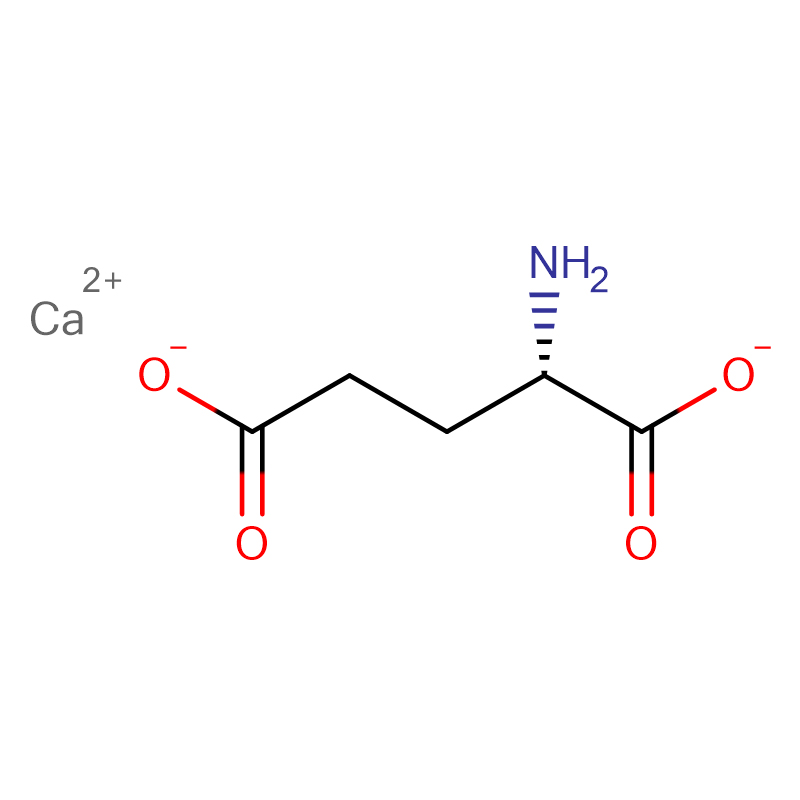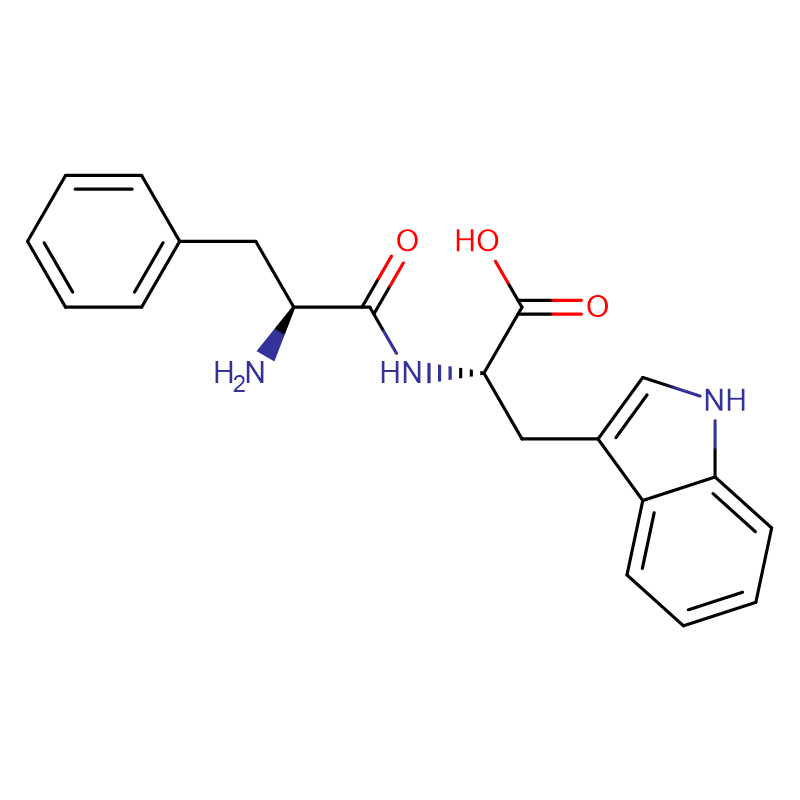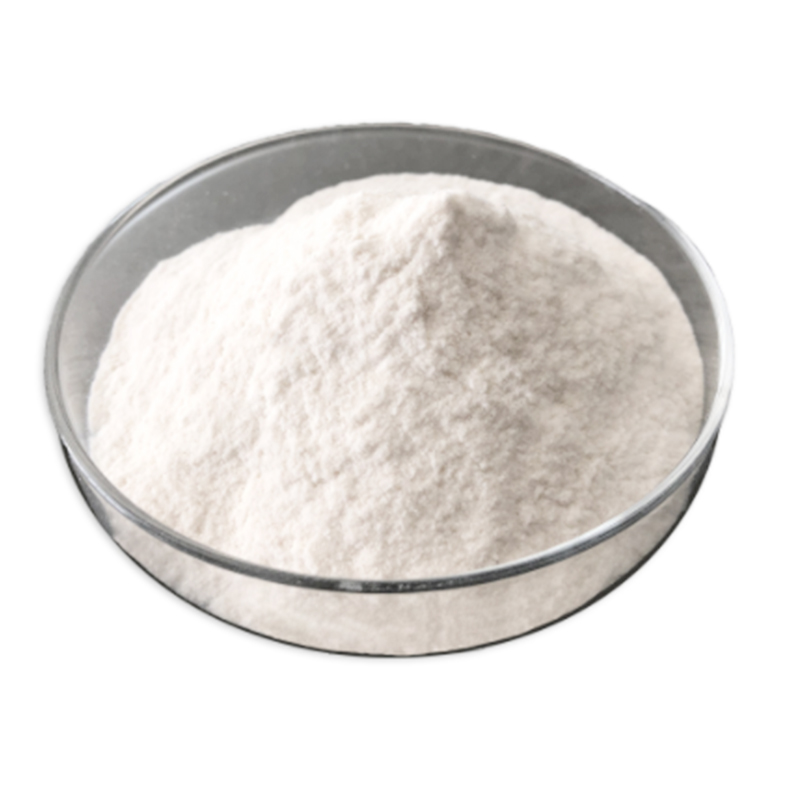Rhodiola Rosea P.E. Cas:97404-52-9
| Catalog Number | XD91236 |
| Product Name | Rhodiola Rosea P.E. |
| CAS | 97404-52-9 |
| Molecular Formula | C14H20O7 |
| Molecular Weight | 300.30 |
| Storage Details | Ambient |
Product Specification
| Appearance | brown powder |
| Assay | ≥99% |
1. Anti-fatigue effect: Oral administration of rhodiola narrow leaf prolonged the pole climbing time, swimming time and load swimming time of mice. It can shorten the recovery time after fatigue, improve the enzyme, RNA and protein levels, and make the muscle recover as soon as possible after fatigue.
2. Effects on central nervous media: Rhodiola rosea can normalize the content of 5-hydroxytryptamine in mice under swimming conditions, that is, the content of central nervous media in sand dunes has been corrected or reached the normal level. Injection of salidroside (30-300mg/kg) in mice reduced the level of 5-ht.
3. Anti-hypoxia effect: oral administration of the extracts of rhodiola rosea, Rhodiola narrowleaf and Rhodiola deep can make experimental animals show obvious resistance to various hypoxia modes, which is stronger than panax ginseng and Acanthopanax.
4. Anti-aging effect: Rhodiola magnolia alcohol extract can improve the ACTIVITY of SOD in red blood cells and liver of rats, and tends to increase the activity of SOD in myocardium. Drinking rhodiola extract can significantly prolong the life of FLax fly, and the life extension rate is better than ginseng. Rosea can promote the proliferation and decrease the mortality of 2BS cells, inhibit the lipid peroxidation and enhance the activity of superoxide dismutase in serum of rats.
5. Anti-tumor: Rhodiola has certain inhibitory effect on S180 cells. Within the range of non-toxic side dose, this effect is enhanced with the increase of concentration. Continuous oral administration of rhodiola rosea extract can reduce the degree of carcinogenic damage caused by erythromycin to the small intestinal wall of mice, and improve the anti-cancer ability of the body, which can be used for the treatment of breast cancer, cervical cancer and blood lipid reduction.
6. Detoxification: Rhodiola has antagonistic effect on strychnine poisoning, which can improve the survival rate of mice after strychnine poisoning up to 50%; It can also antagonize corynebacterium toxin and tetanus and other bacterial toxins, and increase the survival time or survival rate of mice taking strong poison, sodium cyanide and sodium nitrite.
7. Other functions: Rhodiola rosea has the function of adapting to the original sample and bidirectional regulation. The monoamine transmitter in brain, adenosine phosphate in spleen and thymus, lymphocyte conversion rate and serum hemolysin were inhibited by microwave irradiation, which could be restored to normal by rhodiola. Salidroside can enhance thyroid function and adrenal function of rabbits and stimulate endocrine function of mice eggs after injection. Improve concentration and memory. Increases plasma levels of beta-indoxol and blocks changes in stress hormones.








